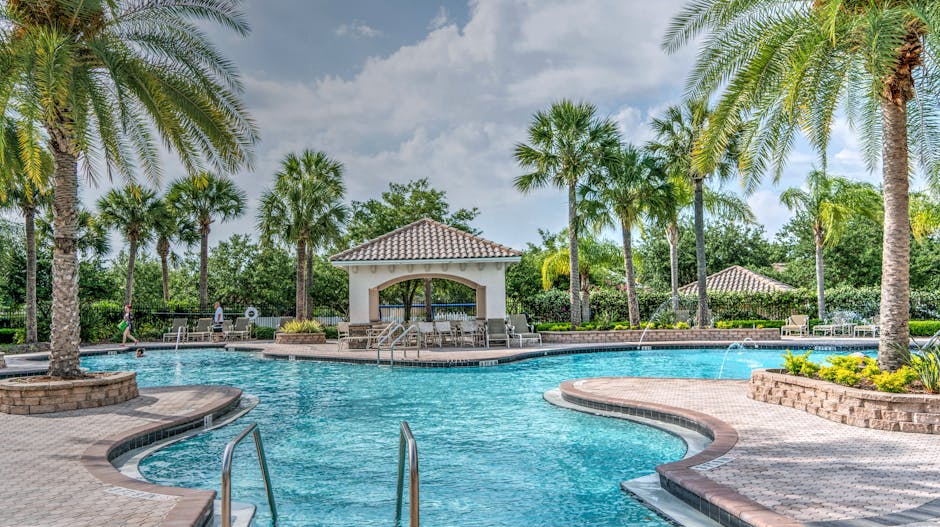Types of Eco Friendly Pool Materials
Types of Eco Friendly Pool Materials
Blog Article

As the world becomes increasingly aware of environmental challenges, many homeowners are seeking ways to create outdoor spaces that are both enjoyable and sustainable. Pools can be a significant source of energy and water consumption, but there are numerous eco-friendly pool options available that can help mitigate their environmental impact. By making informed choices about materials, technologies, and water conservation practices, pool owners can enjoy their aquatic retreats while contributing to a healthier planet.
Types of Eco-Friendly Pool Materials
When considering the construction of a pool, the materials used play a crucial role in determining its overall sustainability. One popular choice for eco-conscious homeowners is the use of recycled materials. For instance, pools can be made with recycled glass tiles or reclaimed stones, which not only reduce waste but also add unique aesthetic qualities to the pool area. Additionally, natural materials like bamboo can be used for decking and fencing, offering a sustainable alternative to traditional wood.
Another option is to explore pools made from sustainable materials, such as fiberglass or polymer. These materials are often more durable and require less maintenance than traditional concrete pools, which means they can have a lower long-term environmental impact. Furthermore, advances in eco-friendly pool liners, such as those made from biodegradable or recyclable substances, provide additional sustainable choices for pool construction.
Energy-Efficient Pool Technologies
Incorporating energy-efficient technologies is another essential aspect of creating an eco-friendly pool. One of the most effective methods is utilizing solar heating systems, which harness the sun's energy to warm pool water without relying on fossil fuels. This approach not only reduces energy bills but also significantly lowers a pool's carbon footprint.
Variable-speed pumps are another excellent option for reducing energy consumption. Unlike traditional single-speed pumps, variable-speed pumps can adjust their speed based on the pool's needs, which leads to substantial energy savings over time. Furthermore, energy-efficient lighting options, such as LED lights, can illuminate the pool area while consuming far less energy than standard incandescent bulbs.
Water Conservation Practices for Pools
Implementing water conservation practices is crucial for ensuring that pools have minimal environmental impact. One effective method is the collection of rainwater, which can be used to refill the pool or maintain the surrounding landscape. By installing a rainwater collection system, pool owners can significantly reduce their reliance on municipal water sources.
Another practice is to incorporate smart irrigation systems for landscaping around the pool. These systems can optimize water usage by adjusting to weather conditions and soil moisture levels, ensuring that water is used efficiently. Additionally, using pool covers can help reduce evaporation, which not only conserves water but also keeps the pool warmer and reduces heating costs.
Conclusion
Choosing eco-friendly pool options is not only beneficial for the environment but also enhances the overall enjoyment and efficiency of your outdoor space. By selecting sustainable materials, embracing energy-efficient technologies, and implementing water conservation practices, homeowners can create pools that are both beautiful and responsible. As more individuals consider the impact of their choices on the planet, it becomes essential to prioritize eco-friendly approaches in every aspect of pool ownership. For those looking to construct or renovate a pool, exploring these sustainable practices can lead to a more enjoyable and environmentally friendly swimming experience.
For further information on how to incorporate sustainable choices into your pool project, visit our services page.
Report this page